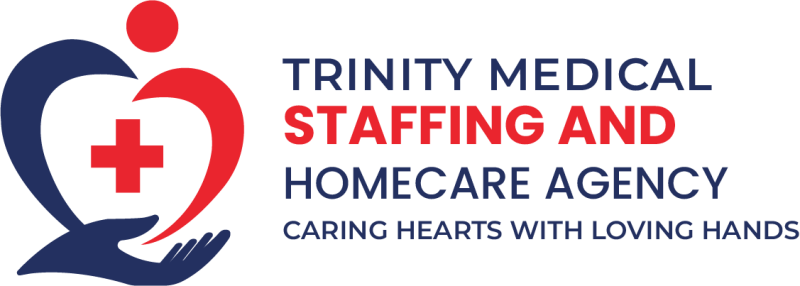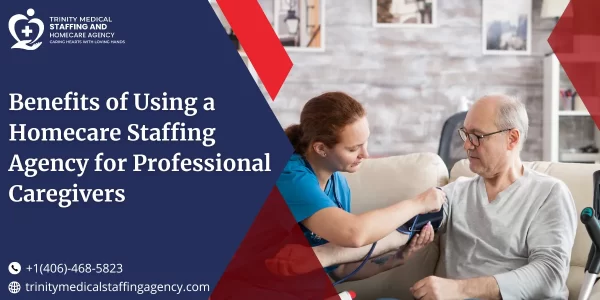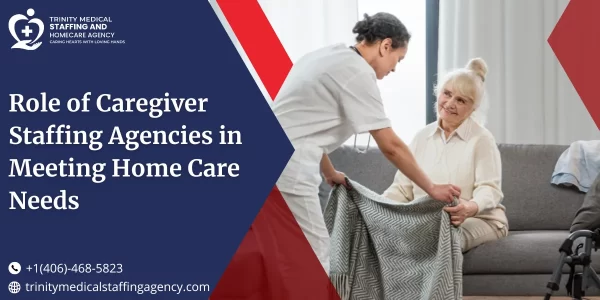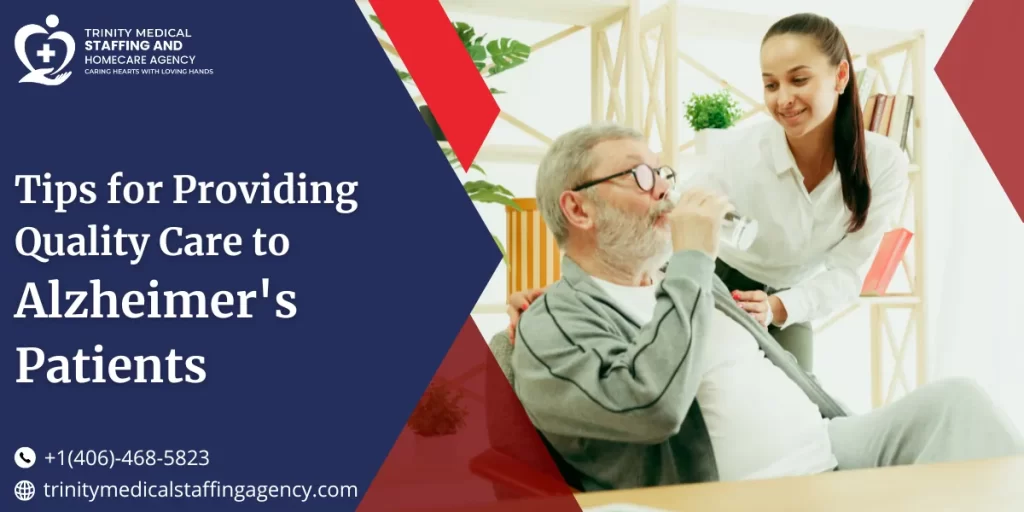
Home Care Tips For Loved Ones Diagnosed With Alzheimer’s Disease
If you see your older loved ones often confused or anxious over small tasks, initially, you may feel that these behavioral changes are due to advancing years.
But do note such behaviors:
- Are they anxious often?
- Can they recall your name?
- Can they recall recent conversations?
- Are they facing challenges in choosing the right words?
- Do they face difficulty making decisions?
- Do they often misplace items?
- Are they having difficulty sleeping or following a conversation or instructions?
- Do they forget about their last meals?
- Are they withdrawing from social activities?
By asking these questions, you can figure out if your loved one needs help.
If the answer to most of these questions is Yes, it is time to seek professional help because these signs are the initial stage of Alzheimer’s disease. This progressive disease is incurable; however, you can reduce the progressive rate of this form of dementia.
Alzheimer’s disease is a significant memory loss that often happens in the early advancing years. In the beginning, the loved ones show changes in their behavior. However, as time passes, the symptoms worsen.
They often forget or misplace items, lose their train of thought, and are unable to follow instructions.
Caring for older individuals is rewarding yet challenging.
And especially when an older loved one is diagnosed with Alzheimer’s disease. The caregiving approach has to be empathic because older people need love and compassion in their remaining days. You cannot alter their mental health conditions, but you can provide Alzheimer’s care services to them. It helps them feel comforted and loved in their golden days of life.
Regular Challenges of Alzherimer’s Caregivers
The National Institute of Health says that around 6.7 million Americans are living with Alzheimer’s condition today. The researchers expect that the numbers will increase to 13.8 million by 2060.
The reasons for Alzheimer’s disease have not been explored and are still under investigation. However, some research theories claim that it combines shrinking, inflammation, blood vessel damage, and the breakdown of energy within cells. Till now, the primary cause behind Alzheimer’s disease and dementia is unknown.
However, caregivers offering Alzheimer’s care services feel overwhelmed. As the conditions slowly deteriorate, they face unique challenges in helping loved ones accomplish tasks. From the sleep cycle to nutrition and physical tasks, everything gets challenging.
The family caregivers have little to no time to care for themselves. As the demand for love and care increases with time, it compromises the mental and physical health of the family caregivers. They experience a higher level of stress and social withdrawal, affecting the needs of themselves and their family members.
Depression and exhaustion are common symptoms among Alzheimer’s caregivers. Next comes the amount of sleeplessness that they face from time to time. They often wonder if their loved one is wandering alone during the day or night or if something happens to them immediately. The constant influx of gloomy thoughts affects their sleep pattern, making them susceptible to other damaging health impacts.
Therefore, in the following section, we look at some tips for family caregivers on providing better Alzheimer’s care services to loved ones. By implementing these tips, their loved ones can live a comfortable life in the remaining days.
4 Key Tips to Provide In-Home Care for Alzheimer's Members
We understand the challenges of caring for loved ones, especially when they are diagnosed with this form of dementia. Therefore, start by educating yourself more about Alzheimer’s disease. You can seek support from other caregivers to get an appropriate idea of how to help your loved ones.
Creating a Daily Routine to Instill a Sense of Familiarity
Do note that you cannot make changes in the care establishments. You can plan indoor and outdoor short visits to their favorite places or social gatherings. They may show resistance initially but make it habitual.
During this phase, ensure that they have a sense of familiarity. Together with your loved one, you can visit your loved one’s favorite garden or plan out some social gatherings. Make a habit of doing physical exercises daily so that they do not lose muscle flexibility.
Adequate Nutrition To Meet Health Needs
In Alzheimer’s, the loved ones may forget about their last meal. They frequently feel hungry or lose interest in their appetite.
However, as a family caregiver, it is your responsibility to help them meet their nutritional needs. Cut the food into slices so they do not have problems chewing or swallowing food. You can also boil the food and make it semi-liquid so they do not have difficulty consuming it.
Uncompromised Safety to Avoid Accidents
Uncoordinate body function in Alzheimer’s disease is frequent. The loved ones may have trouble walking or expressing their concerns. As a result, they are prone to accidents and may fall off the stairs or slip on wet floors.
Start by decluttering the house. Keep enough lighting so that the loved one has clear visibility. Install handrails near stairs and grab bars in the bathrooms so the older loved one gets support while walking.
Better Communication
According to Boston University, people who feel lonely during their midlife are more likely to develop dementia. Check whether your loved one constantly loses their train of thought or has difficulty interpreting words.
The family caregiver looks for innovative techniques to enhance communication with loved ones. For instance, the caregiver may maintain eye contact or smile when communicating with loved ones. They help them explore unique communication styles, like singing and holding hands, a sign of comfort.
In-Home Alzheimer's Care Services in Mesa, AZ
If you have been feeling overwhelmed looking after your loved ones with Alzheimer’s disease, and are not comfortable sending your loved ones to Alzheimer’s care facilities, we are here to help.
Trinity Homecare Agency helps your loved ones remain in the comfort of your home. Our trained staff is suitable to provide in-home care services to Alzheimer’s loved ones in Mesa, AZ.
Book your caregiver now!
With the help of our team of experienced and qualified experts in international staffing, we will manage your needs from initial contact to the final contract.
